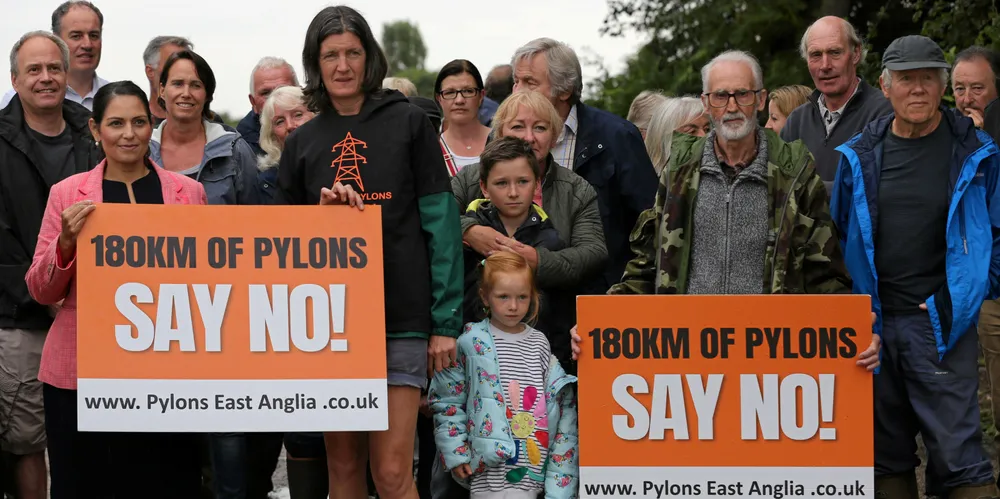'Blighted'| How Britain's wind power highway plans sparked revolt from village greens to Hollywood
The UK needs a network infrastructure revolution to move massive new offshore wind power to where its needed – but opposition has been fierce, explains Cosmo Sanderson
